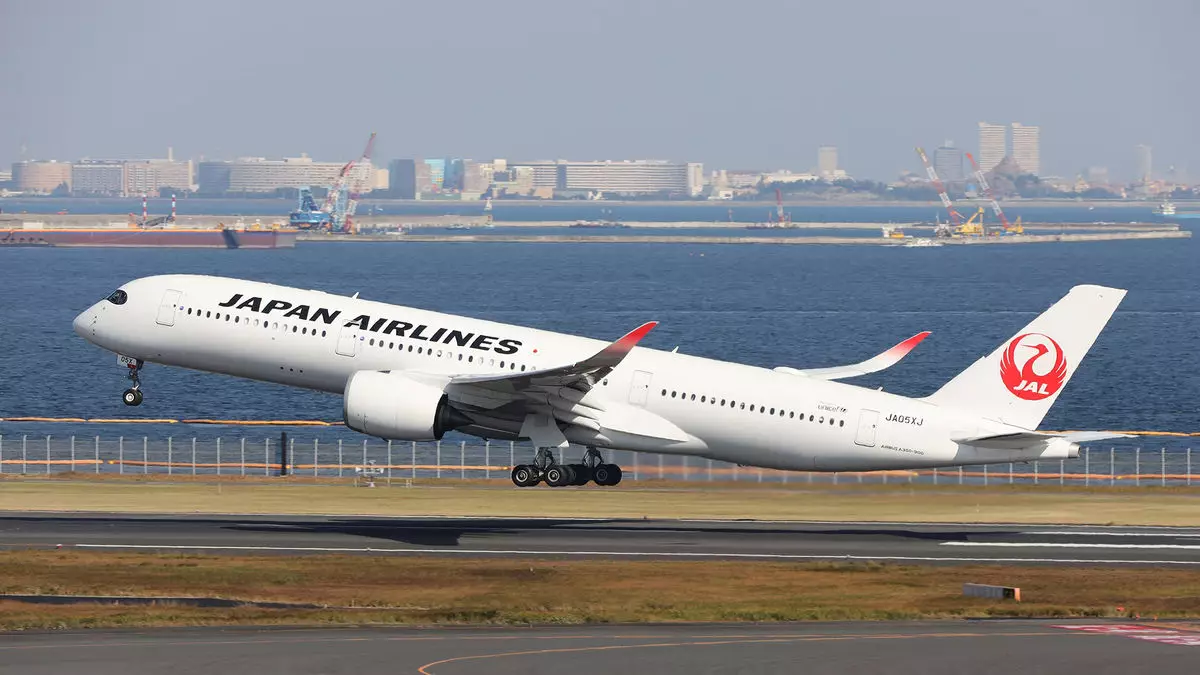On a routine Thursday morning, Japan Airlines (JAL) became the latest target in a growing list of cyberattacks plaguing global aviation. More than 20 domestic flights experienced delays exceeding 30 minutes due to a malicious assault designed to inundate the airline’s network systems with excessive data. Fortunately, the timely identification of the breach allowed JAL to halt the attack and restore its operations within a few hours, ensuring flight safety remained uncompromised. While the sophistication of such attacks is concerning, it raises critical questions about Japan’s overall cybersecurity posture.
JAL’s cybersecurity breach was categorized as a distributed denial-of-service (DDoS) attack, a method that overwhelms systems to the point of failure. This form of cybercrime exploits vulnerabilities in network traffic management, with the intention of incapacitating a service. JAL noted that the attack did not incorporate any malware, which is often a hallmark of more invasive cyberattacks that can lead to data breaches. The quick response from the airline highlights existing protocols aimed at mitigating such threats, but the need for stringent and adaptive cybersecurity measures is underscored by the event.
The knock-on effect of the DDoS attack was immediate, with JAL suspending ticket sales for both domestic and international flights during the crisis. The strain on resources was evident at Tokyo’s Haneda airport, a critical transit point, where travelers found themselves amidst an unexpected turmoil during the peak travel season. The government’s intervention, led by Chief Cabinet Secretary Yoshimasa Hayashi, called for expedited recovery efforts and support for affected passengers, demonstrating a coordinated response to minimize disruption. As millions prepare for the New Year holidays, such incidents amplify the importance of operational resilience within the aviation sector.
Japan’s historical trajectory in cybersecurity has raised alarms among experts who question the country’s preparedness against increasingly sophisticated cyber threats. Despite recent efforts to enhance its cyber defenses and collaborate with stronger international allies like the United States, vulnerabilities persist. Notably, in June, Japan’s space agency revealed a series of cyberattacks that occurred throughout 2023, showcasing systemic vulnerabilities within critical sectors. Last year’s disruption of operations at a Nagoya port due to cyberattacks only exacerbates concerns surrounding national infrastructure security.
This incident serves as a stark reminder of the ubiquitous nature of cyber threats and the urgent need for both government and industry stakeholders to invest in cybersecurity advancements. As cyberattacks target essential services, Japan’s commitment to fortifying its defenses and implementing effective mitigation strategies is paramount. Continuous training, investment in technology, and public-private collaboration will be vital to ensure that Japan’s aviation and other critical sectors can withstand future assaults. The time to act is now, as complacency could lead to more severe repercussions in the face of determined cyber adversaries.


Leave a Reply